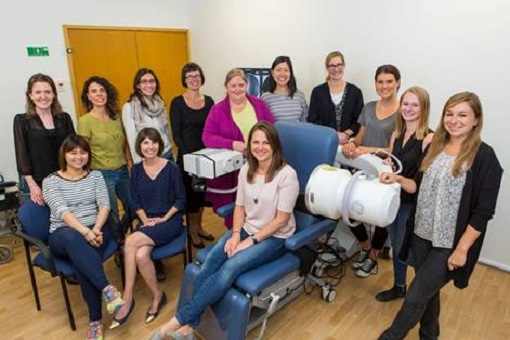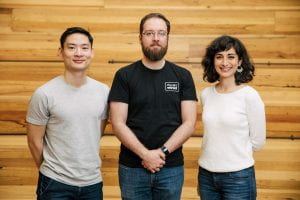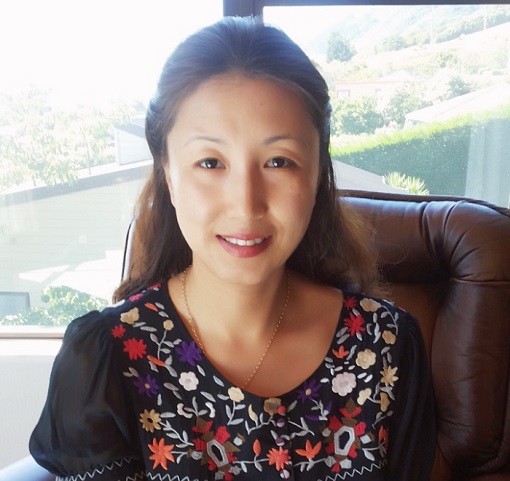Researchers
Paige Thomas, PhD Candidate (photo provided)
Rose Centre for Stroke Recovery and Research
Department of Communication Disorders
University of Canterbury, Christchurch
Primary Supervisor: Prof. Maggie Lee Huckabee
Director of the Rose Centre for Stroke Recovery and Research
Department of Communication Disorders
University of Canterbury, Christchurch
Current Research
Paige and the team have conducted a proof of concept study to assess the impact of swallowing skill training protocol in patients with Amyotrophic Lateral Sclerosis (ALS).
Currently, patients with ALS are not considered candidates for rehabilitation of swallowing; this is therefore early research into the possible benefits of rehabilitation.

The therapy is a skill training protocol for swallowing through the Biofeedback in Strength and Skill Training (BiSSkiT) software. This protocol uses surface electromyography (sEMG) which measures muscle activity from the skins surface and displays it on a computer monitor. SEMG electrodes are placed over the submental muscles which contract during swallowing resulting in a peak in the waveform on the screen. With the use of sEMG, participants are able to visualise and alter their muscle activity while swallowing. To make this task challenging, a target box will appear in a random position on the screen and participants will attempt swallow so that the peak of their swallow waveform lands within the target box. This challenging aspect of the therapy is intended to help to encourage cortical control of swallowing.
Paige and her team completed the study towards the end of 2020 and are now writing up papers for publication. In the meantime Paige has provided a summary of the study and its results for the MND Research network. Impact of swallowing skill training protocol in patients with ALS (summary).
Relationship to MND
The research investigates prolonging functional swallowing and quality of life in patients with the Amyotrophic Lateral Sclerosis type of Motor Neuron Disease.
Future Research
The current research is a proof of concept study. Further research will be conducted into swallowing therapy in patients with ALS.
Collaborations
Paige and the team are collaborating with Dr. Sebastian Doeltgen from Flinders University and Dr. Deanna Britton from Portland State University, who is consulting on this project.
Resources
The MND Patient Registry and MND New Zealand are assisting with participant recruitment.
Resource Gaps
More funding for MND research would help to increase both the quantity and quality of MND research in New Zealand.
The Team
Prof. Maggie-Lee Huckabee, senior supervisor of research project, oversees all stages of planning and development of research as well as data collection and analysis. Director of the Rose Centre for Stroke Recovery and Research, University of Canterbury.
Dr. Phoebe Macrae, co-supervisor of research project. Deputy Director of the Rose Centre for Stroke Recovery and Research, University of Canterbury.
Dr. Michelle Troche, associate supervisor of research project, will oversee data collection in New York. Director of the Laboratory for the Study of Upper Airway Dysfunction, Columbia University.
Emma Burnip, Co-investigator, PhD candidate, performing data collection in New Zealand. Rose Centre for Stroke Recovery and Research, University of Canterbury.

Contact
The University of Canterbury Rose Centre for Stroke Recovery and Research
Leinster Chambers, Level One, 249 Papanui Road
Christchurch 8140
New Zealand
Paige Thomas
e: paige.thomas.92@gmail.com
Prof. Maggie-Lee Huckabee
p: +64 3 369 5124
e: Maggie-lee.huckabee@canterbury.ac.nz

